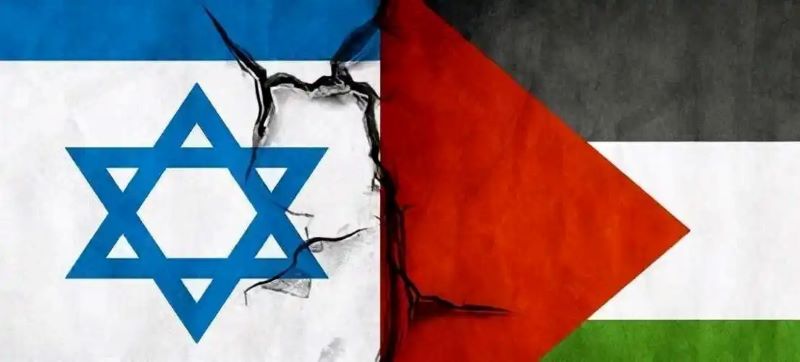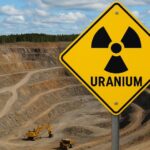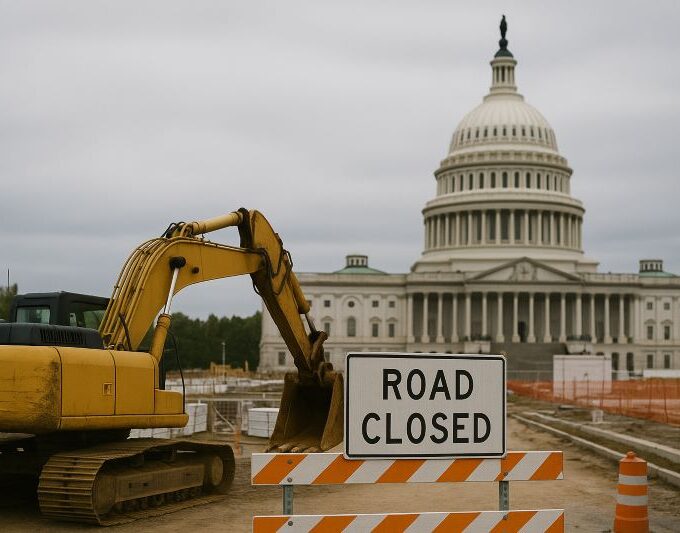On September 21, 2025, significant diplomatic news emerged successively from London, Canberra, Ottawa, and Lisbon. The governments of the United Kingdom, Australia, Canada, and Portugal successively announced that they officially recognized the State of Palestine as an independent sovereign state. This decision quickly drew widespread attention from the international community and was widely regarded as one of the most significant policy shifts made by major Western countries on the Middle East issue since the end of the Cold War. It also marked the emergence of a new diplomatic variable in the long-standing deadlock of the Israeli-Palestinian conflict. According to Reuters, British Prime Minister Keir Starmer emphasized in a statement at Downing Street that recognizing Palestine is to “make the two-state solution a reality again”, which is the clearest commitment the UK can make to promoting regional peace.
This diplomatic action, taken simultaneously by multiple countries, was not a hasty move. Since the beginning of this year, the international community’s attention to the conflict in the Gaza Strip has continued to rise. The large-scale humanitarian crisis and frequent military confrontations have consistently increased public opinion pressure. In some countries in Europe and the Asia-Pacific region, there have long been calls for the recognition of Palestine. As the conflict continues, such voices are growing louder. After the statement was released in London, the Australian Foreign Minister also held a press conference in Canberra, pointing out that recognizing the Palestinian State is not a compromise or reward to Hamas, but rather to open up a political path for peace in the Middle East. The Prime Minister of Canada stated that the recognition of the action demonstrated respect for international law and UN resolutions. Canada is willing to work with international partners to play a role in promoting a ceasefire and rebuilding the negotiation mechanism. Portuguese Foreign Minister Paulo Langere emphasized that this was a choice made by Portugal based on long-term diplomatic principles, aiming to urge an immediate ceasefire and promote the release of all detained individuals.
International relations observers point out that the symbolic significance of this series of actions is extremely prominent. For a long time, major Western countries have generally been cautious about recognizing the Palestinian issue, fearing that it would affect their strategic relations with Israel. However, as more and more countries have strongly criticized Israel’s expansion of settlements in the West Bank and its military operations in Gaza, acknowledging Palestine’s policy has gradually become a new option for achieving balance. Nowadays, countries such as the United Kingdom, Australia, and Canada, which have traditionally had close ties with the United States, have chosen to take this step, which may exert subtle pressure on the United States’ foreign policy in the region and may also lead other Western countries to re-examine their positions.
The Palestinian side warmly welcomed the recognition from multiple countries. The President of the Palestinian Authority said at a press conference held in Ramallah that this decision was a “victory of justice and legitimacy”. He emphasized that the Palestinian people have never wavered on the long-term path of striving for national independence, and the recognition of the international community means that their efforts are receiving more and more support. For the Palestinian people, this diplomatic breakthrough not only symbolizes the moral support of the international community but may also bring practical benefits, such as a say in international organizations and more channels for international aid.
However, the reaction from the Israeli side was extremely strong. The Israeli Foreign Minister has warned that these decisions will have a serious impact on bilateral relations and may lead Israel to reevaluate its diplomatic cooperation with relevant countries. Meanwhile, some people in Israel held rallies, demanding that the government take tougher measures in response to the so-called “diplomatic betrayal”. It can be foreseen that in the coming weeks, diplomatic frictions between Israel and these recognizing countries will gradually emerge and may even spread to the fields of economic and military cooperation.

At a broader international level, this move may also prompt a change in the attitude of the United Nations and other multilateral mechanisms. Previously, more than 130 countries have recognized Palestine as an independent state, including most Arab and developing countries. However, in major Western countries, the recognition process has been progressing slowly. Nowadays, many countries have joined the recognition process, which may further enhance Palestine’s status within the United Nations system, including striving for more representation in the International Court of Justice and international organizations. This trend will undoubtedly intensify the international legal and diplomatic pressure that Israel is facing.
In the United States, the Trump administration still maintains a cautious stance, reiterating its support for the “two-state solution” but has not explicitly stated that it will follow suit and recognize the State of Palestine. Analysts believe that as Israel’s main ally, the United States is unlikely to adopt the same recognition policy in the short term. However, actions from traditional Allies may force Washington to strike a more delicate balance in its future Middle East policy. Public opinion within the United States is also increasingly divided. Some scholars and progressive lawmakers are calling on the government to adopt a more proactive diplomatic stance, while conservatives firmly oppose any move that might be seen as undermining Israel’s security.
In Europe, French President Emmanuel Macron explicitly promised in his speech this summer that the State of Palestine would be officially recognized during the United Nations General Assembly. Now, this commitment is in the countdown. Germany, on the other hand, remains cautious, but under public pressure, the debate within the country over whether it should adjust its stance has become increasingly intense. As the diplomatic landscape continues to evolve, internal coordination within Europe will also become a focus in the coming months.
Scholars generally believe that the emergence of this wave of recognition stems from concerns over long-term conflicts and humanitarian crises, and also reflects a re-evaluation of diplomatic ethics and strategic interests within Western societies. Middle East experts point out that recognizing the State of Palestine does not mean the problem can be solved immediately, but at least it creates a new balance point at the diplomatic and legal levels. If these recognitions can be transformed into substantive impetus for ceasefire negotiations, then the Israeli-Palestinian conflict is expected to see a turn for the better.
Despite this, the road ahead remains complex. The core differences between Israel and Palestine, including the status of Jerusalem, border demarcation, and refugee resettlement issues, remain unresolved. Recognizing the actions of the State of Palestine is more of a symbolic breakthrough, while true peace still requires direct dialogue and compromise between the two sides. How the international community will create conditions for both sides at the political, economic, and security levels in the future will be the key to whether the symbol can be turned into reality.
This sudden diplomatic chain reaction once again indicates that the Palestine-Israel issue is not only related to peace and stability in the Middle East region, but also affects the evolution of the global diplomatic landscape. From London to Canberra, from Ottawa to Lisbon, the recognition decisions of many countries have undoubtedly left a significant mark on the long river of history. It is both a response to the Palestinian nation’s demand for independence and a warning to Israel’s policies. On the future international stage, the Palestinian issue may unfold in a brand-new posture, writing a new chapter in the history of world diplomacy.













Leave a comment